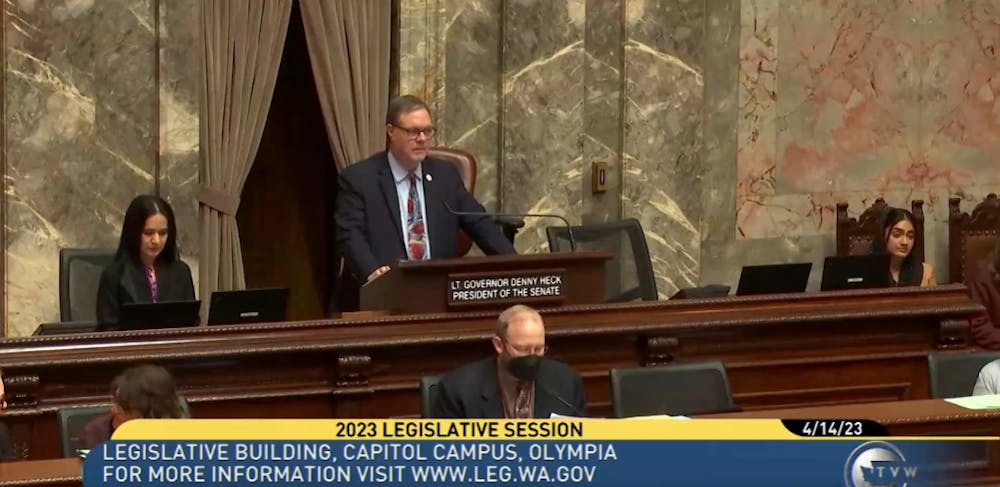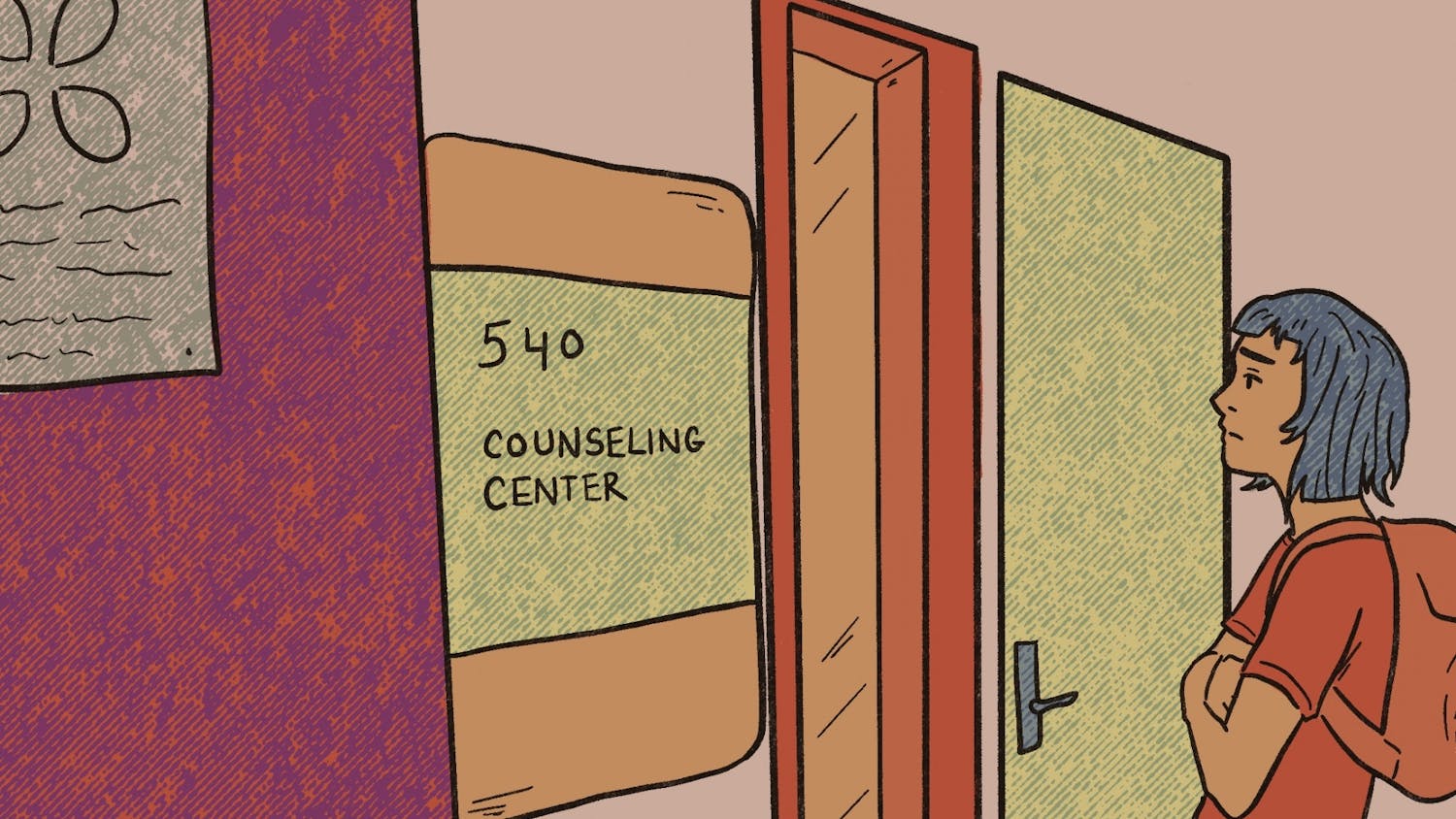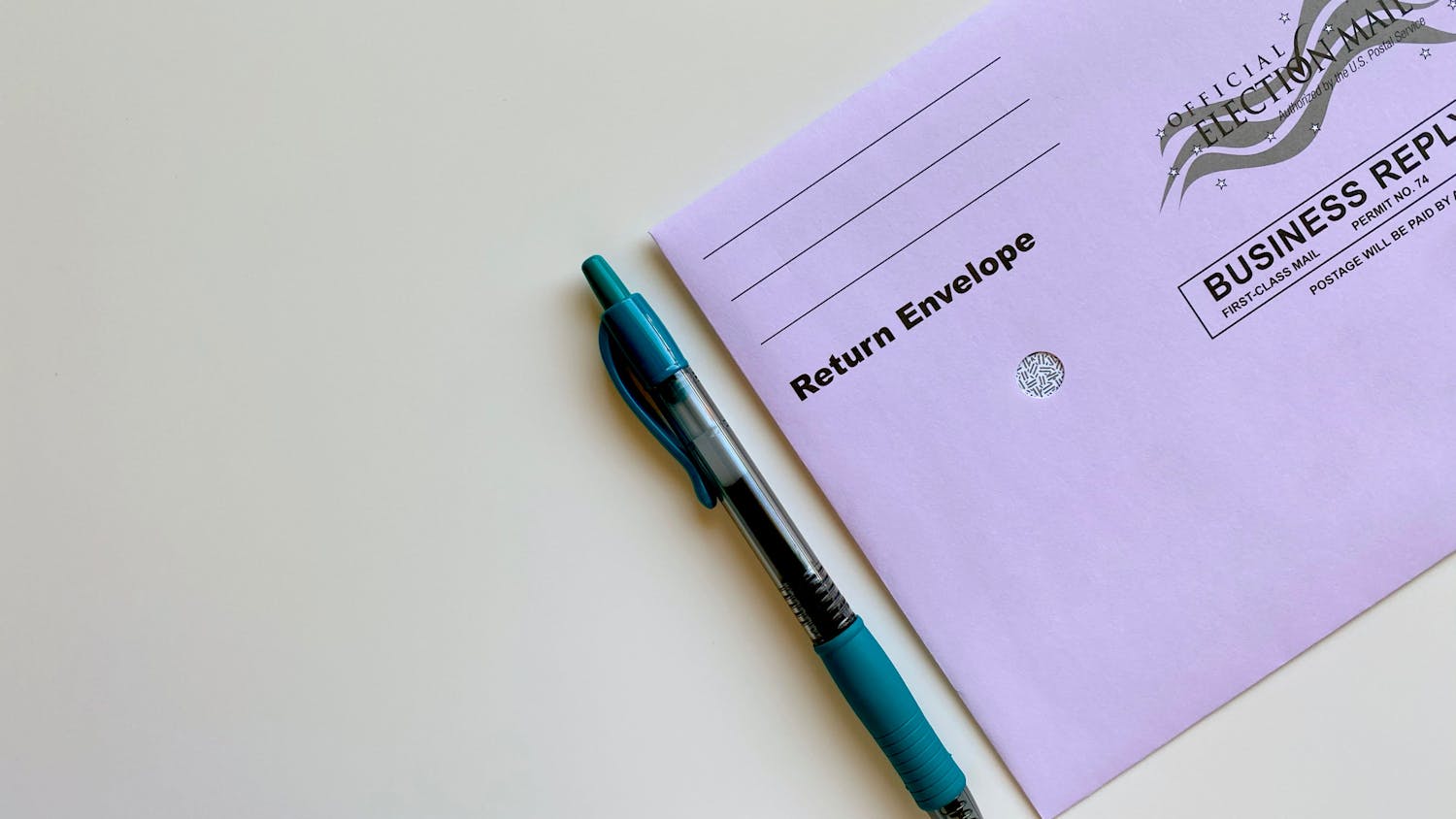With the Supreme Court’s imminent decision that could alter the legality of mifepristone abortion pills in the U.S., the Washington State Department of Corrections has begun stockpiling the pill.
Mifepristone is a drug that the Food and Drug Administration has approved since 2000. According to the FDA, mifepristone, when used together with another medicine called misoprostol, is used to end a pregnancy through 10 weeks gestation.
Originally, the medication was approved only for use to terminate pregnancies of up to seven weeks; however, in 2016 this was increased to 10 weeks.
In 2022, medication abortions made up 54% of total abortions in the U.S., according to preliminary research from the Guttmacher Institute.
An ongoing supreme court case would seek to remove the 10-week allowance and once again put in place the seven-week limit. Though this is not the complete block that many would expect, it can still restrict access for many.
“If you are completely regular [in your menstrual cycle], and you've missed your period and you catch it in the next two days, you are at four weeks pregnant already, if you wait a week you're at five weeks pregnant, if you don't realize until a couple of weeks later ... then you can be like seven weeks, eight weeks, and you can't get the abortion medication that you need," said Western Washington University professor Mary Hunt, who has a doctorate in community health promotion.
Washington State has a general trend in favor of abortion rights. A 1970 referendum legalized it three years before Roe v. Wade, which legalized abortions nationwide until the 2022 Dobbs v. Jackson Women’s Health Organization ruling.
In 2014, 60% of the population was in favor of abortion rights, 5% higher than the national numbers at the time, with 36% being anti-abortion, according to Pew Research Center.
"I think oftentimes people think Washington state has really strong access,” said Gabbi Nazari, the organizing director for Pro-Choice Washington, an activist organization working in favor of protecting abortion rights. “And in a lot of ways we do, compared to the rest of the country. But there are large blocks of the state that have limited access for a number of reasons."
The question of abortion is highly divisive across the U.S.; however, there’s a large body of evidence showing that greater abortion access does provide a higher level of stability, both economically and socially.
In 2020, the University of California San Francisco published a study known as the Turnaway Study, a 10-year analysis that found that being unable to access an abortion, when one was wanted, would have strong negative effects economically and socially on people who were unable to access them.
Washington state legislators have been working to protect abortion rights in the state following the overturning of Roe v. Wade and the upcoming Supreme Court ruling on mifepristone.
"[W]e thought that our Washingtonians needed to have guaranteed access to full choice in their reproductive health. And one way we can guarantee that for all of our residents is to provide that access that is going to be guaranteed and is not going to be withdrawn for an unknown reason at an unknown time," said Washington State Senator Karen Keiser.
Keiser is the primary sponsor of SB5768, which allows the Department of Corrections to distribute, dispense, transport and sell mifepristone. The bill has passed in the state Senate on party lines and has now been moved to the state House of Representatives for a vote.
According to Keiser, the Department of Corrections possesses a pharmacy license, and often purchases medication to sell and distribute, including to the Department of Social and Health Services.
As the debate between abortion rights movements and anti-abortion movements continues across the country, it also continues to be a major polarizing issue in American politics.
“Abortion rights and reproductive freedom and gender-affirming care felt like a no-brainer in terms of trying to tackle [problems in the U.S.],” Nazari said. “So first and foremost, people have to have autonomy over their own bodies and the resources that they need to make the decisions they want.
"I really encourage people just to talk to their communities about abortion care. Stigma is something that's pervasive."
Joshua Grambo (he/him) is a campus news reporter and journalism/news editorial major in his second year at Western. Outside of the Front, Joshua enjoys reading, playing dungeons and dragons, spending time with family, and working on craft projects. You can reach him at joshuagrambo.thefront@gmail.com.






